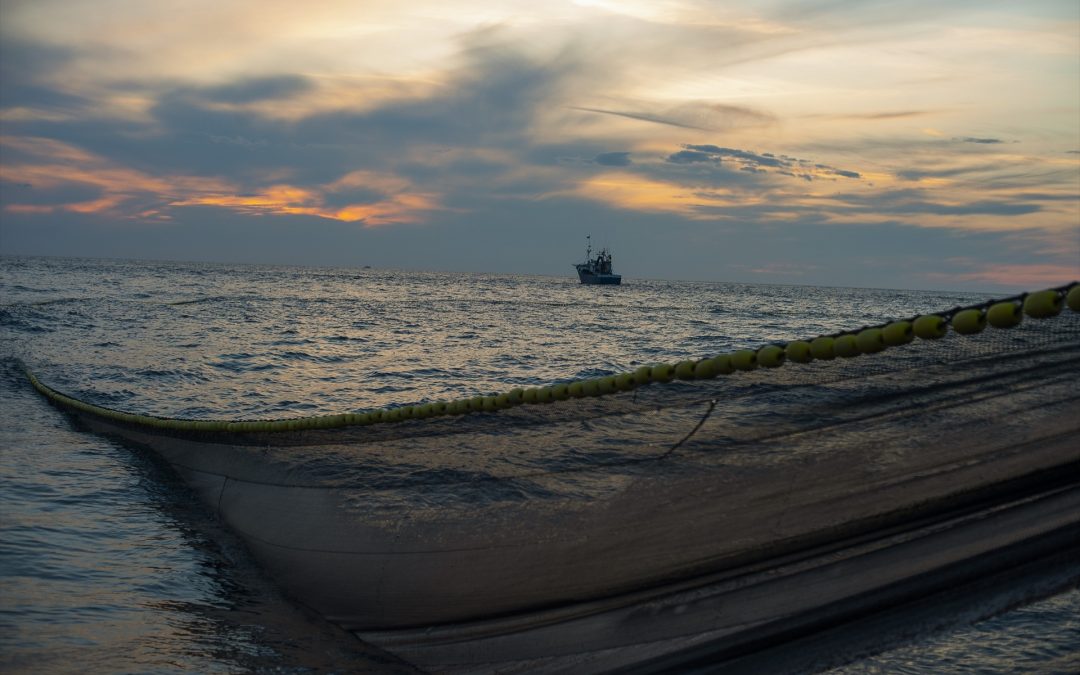Brussels – The Minister of Agriculture, Fisheries and Food of the Government of Spain, Luis Planas, has asked the European Commission this Monday to withdraw its proposal to reduce anchovy quotas in Iberian Atlantic waters for 2024 and 2025, a measure that could affect fishing in the Gulf of Cadiz and which the Spanish Government considers “drastic and unjustified” at a political time “of transition” in Brussels.
At the request of the Spanish delegation, EU Fisheries ministers are debating at their meeting this Monday this proposal from the European Commission to update fishing opportunities for 2024 and 2025 for certain fish populations, taking into account the latest scientific opinions focusing on the central element of the proposal: the anchovy catch limit in Iberian Atlantic waters.
Specifically, the Commission proposes to establish a special condition under which catches in the part of the TAC area south of the line that runs in Atlantic waters southwest of the Iberian Peninsula “cannot exceed 969 tonnes”, based on the opinion of the International Council for the Exploration of the Sea (ICES) for the population inhabiting that area. Additionally, it is proposed that this TAC and special condition be applied retroactively from July 1, 2024.
“We clearly oppose for several reasons,” explained Planas in statements to the media in Brussels, where he criticized that a modification is proposed over decisions adopted last year on a provisional basis regarding TAC and quotas, in this case, for anchovies in the Gulf of Cadiz.
In his opinion, “waiting for a review at the end of this month of the scientific assessment, the Commission’s proposal makes no sense, as it subdivides anchovies zonally in a way that is harmful to our interests.”
Planas regretted that the Commission “forgets that it not only has to consider the biological stock but also the socio-economic consequences” and hoped that, in the future, Brussels would accompany its proposals with corresponding impact reports.
The minister also considered that the European Commission has made “a legal error” with the ban on ‘swaps’, i.e., fishing exchanges between member countries, a restriction that he finds “clearly illegal.”
“How can a decision be made that ties up 75 boats in a transition Commission?” asked Planas, who criticized the political timing of a proposal he will ask to be reviewed or withdrawn. “Spain’s position will be so clear and determined because it is the logical one in defense of the interests of the fishing sector,” he emphasized.
The delegations from Belgium, Cyprus, Croatia, Denmark, France, Greece, Ireland, Italy, Latvia, Lithuania, Malta, the Netherlands, and Portugal have supported Spain’s concerns and requests and have asked the Commission to consider the socio-economic consequences of such decisions, as it could set a “dangerous precedent.”
The Portuguese delegation, whose coastline is also affected by the Brussels proposal, has urged to “avoid such restrictive measures” and expressed its “unconditional support” to Planas in the “absence of valid scientific opinions,” thus advocating for a final decision after the scientific meeting with ICES scheduled for the end of September.
The rest of the countries that have supported Spain in its requests have insisted on reminding the Commission that it must respect the three pillars of the Common Fisheries Policy: environmental, economic, and social impact when imposing such measures.
One of the clearest in this regard has been the Secretary of State for Fisheries of the Netherlands, Jean Rummenie, who said he well understands Spain’s “concern” and “perplexity,” as he believes that “the interruption of fisheries must be the last resort,” while urging the Commission to “be able to rectify.”
For his part, the Agriculture Commissioner of the Commission, Janusz Wojciechowski, standing in for his colleague responsible for Fisheries, Virginijus Sinkevicius, has defended the Commission’s position and asked the Council “not to have a different standard” depending on the seas affected by these restrictions, while the Hungarian presidency of the Council has called for trying to find a “responsible solution.” (September 23)
 go to the original language article
go to the original language article
